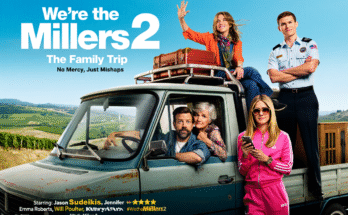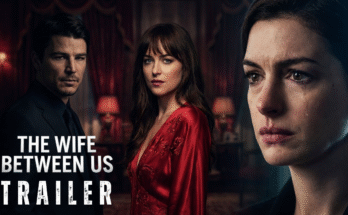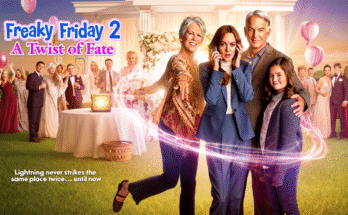Few horror films have so mercilessly embraced the concept of hopelessness as 30 Days of Night (2007), a savage vampire thriller that transforms an ordinary town into an eternal coffin. Set in Barrow, Alaska — a place condemned to a month of perpetual night — the film leverages its setting with cruel brilliance. Darkness is not just atmosphere here; it is a weapon, a suffocating force that strips away safety and exposes humanity to predators lurking just beyond the veil of light.

Directed by David Slade, the film wastes no time reminding us that monsters thrive where rules collapse. As the last sliver of daylight disappears, the first signs of horror creep in: power is cut, communications severed, and isolation becomes absolute. Enter Marlow, played with chilling restraint by Danny Huston, a vampire leader who embodies not passion, but predation. His pack doesn’t seduce or tempt—they hunt, gorge, and erase. These are not romanticized immortals; they are apex predators wearing human skins only long enough to strike.
Josh Hartnett anchors the story as Sheriff Eben Oleson, a reluctant protector who finds himself holding together a fragile group of survivors. His performance balances stoicism with raw desperation, particularly as he struggles to reconnect with his estranged wife, Stella (Melissa George). Their fractured relationship becomes a heartbeat of humanity amid the carnage, proving that love and guilt are as inescapable as the darkness.

Slade’s direction thrives on atmosphere. He paints Barrow as a ghost town swallowed by snowdrifts and shadow, where silence is broken only by sudden, violent eruptions of horror. The camera lingers on deserted streets, blood-streaked snow, and faint lamplight swallowed whole by blackness. This is a nightmare not of imagination, but of isolation—a world where help will never come, and the monsters will never tire.
The violence is unflinching. Attacks are brutal, chaotic, and drenched in gore that feels both stylized and authentic. One overhead shot of the vampires descending upon townsfolk is particularly haunting—a tableau of carnage framed against the blank whiteness of snow. It’s a moment that captures the film’s philosophy: beauty and brutality can coexist, and in that collision lies terror.
What elevates 30 Days of Night beyond mere bloodletting is its understanding of survival. The survivors are not superheroes; they are broken, terrified, and improvising against forces they cannot truly defeat. The film thrives on small choices: hiding in attics, rationing supplies, whispering in fear that a single sound could spell doom. Survival here is not about heroics—it is about enduring just long enough.

Danny Huston’s Marlow deserves particular praise. His guttural, otherworldly speech and cold, shark-like presence give the vampires a terrifyingly alien quality. He is not interested in negotiation or mercy. He is inevitability incarnate, the voice of the dark itself, reminding us that in this world, predators reign supreme.
The film’s pacing is relentless, yet it knows when to slow its pulse. The quiet between storms is its most terrifying trick—moments where characters (and viewers) listen, strain, and dread the silence before the next scream. That ebb and flow makes each burst of violence feel like an earthquake, shattering the fragile illusion of safety.
By the time Eben makes his fateful choice to confront the vampires on their own terms, the film pivots from pure survival to tragic sacrifice. His transformation into the very thing he despises is both shocking and inevitable, a grim acknowledgment that survival sometimes demands becoming the monster. The finale doesn’t end in triumph but in melancholy, with love forged and lost in the same breath.

Revisiting 30 Days of Night today, especially on streaming platforms like Hulu or Amazon in 2025, it stands as one of the boldest and most uncompromising vampire films of the century. It strips the genre of glamour and leaves only the raw, bloody truth: in the absence of light, humanity is nothing but prey.
Ultimately, 30 Days of Night isn’t just a horror film—it’s a test of endurance. It asks whether human spirit can outlast unrelenting darkness, and whether survival is victory or merely prolonging the inevitable. In the snow-choked streets of Barrow, the answer is written in blood and silence.




